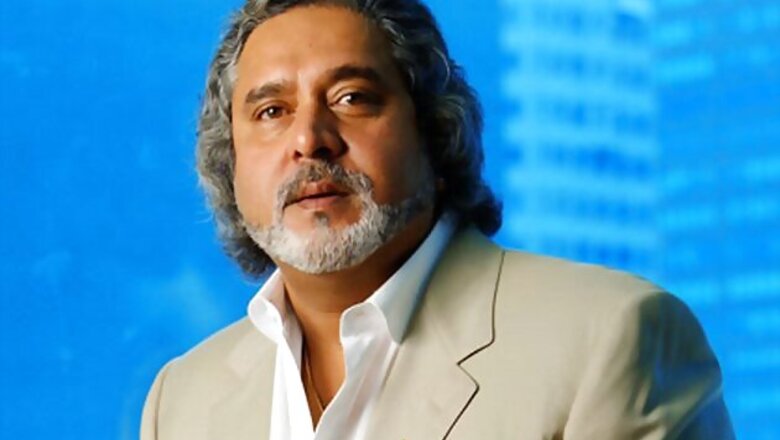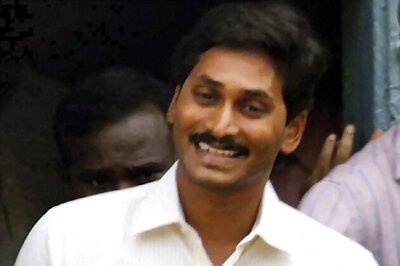
views
New Delhi: Force India team principal Vijay Mallya feels the Indian government needs to open a dialogue with the Formula One and resolve the tax issues faced by the teams after the 2014 Indian Grand Prix was on Tuesday dropped following a rejig in the racing calendar for the coming year.
"Yes, there is a problem with India's tax authorities, but India's tax authorities tend to be a very difficult bunch. They even launched a humongous tax claim on Vodafone and Nokia and other multi-national companies. This sort of standoff on taxes is nothing unusual," Mallya was quoted as saying by 'ESPNF1'.
"Their logic is that there are 19 races and one race is India, therefore 1/19th of all revenue generated in Formula One is subject to Indian tax. From a narrow-minded, Indian tax man's point of thinking maybe that is justifiable, but we need to sit down with them and engage with them and say, 'Listen, this is not the only country that's hosting an F1 race. There are other countries that have been hosting F1 races for decades and they don't make the same demands. So how can you?'
"The Indian government on one side say they want India to be modern, vibrant country and want the global society and global industry and global sport to take notice of India and its potential. But the irrational behaviour by the taxman doesn't support such a mission. So it's a question of sitting around the table and hammering it out with them," Mallya added.
Mallya's comments on a day when Formula One supremo Bernie Ecclestone conveyed his decision to drop India from the 2014 calendar to race organisers, Jaypee Sports International (JPSI), who said the motorsport extravaganza will now come back to country in March 2015. It is believed that tough taxation rules in India, including the customs duties levied on F1 teams and drivers on each visit, event's financial viability and bureaucratic hurdles also played a major part in India losing the 2014 race.
Mallya said the country could not afford for its tax policy to get in the way of the grand prix as the Indian Grand Prix is mutually beneficial for both his country and Formula One. "It's a fantastic track, the drivers love it, the teams love it. India is a country with huge potential. 1.3 billion people and 50 per cent of them are youngsters. There can't be a better environment for Formula One's future."




















Comments
0 comment